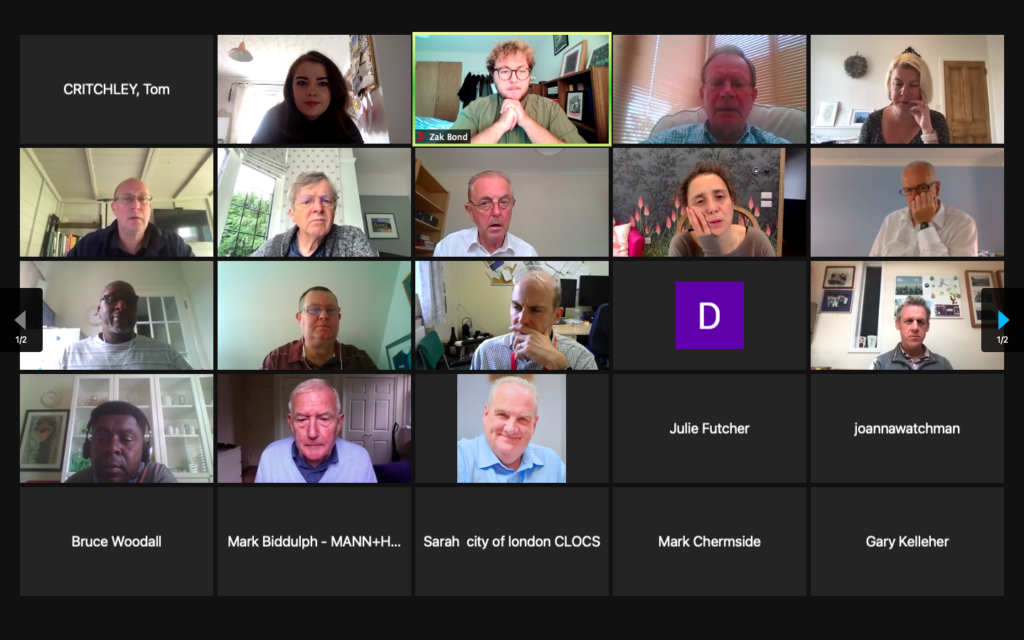Professor Sir Stephen Holgate led the Air Health working party discussion on improve lives not numbers, the final WCRAQ meeting of this quarter.
Professor Sir Stephen Holgate highlighted that the Ella Kissi-Debrah Coroner’s Inquest ‘Prevention of Future Deaths’ report highlighted three issues. Firstly, the World Health Organisation recommended safe limits needs to be implemented in the Environment Bill. Secondly, there must be more granular real-time air quality monitoring. Thirdly, health and medical professionals need to have training in air pollution.
Guest speaker Zak Bond, Policy and Public Affairs Officer at Asthma UK and British Lung Foundation, presented on how toxic air is an urgent health emergency and needs to be treated by UK government as such, taking critical measures to improve the livelihoods of the most vulnerable.
6.5 million people live with a lung condition, and many more undiagnosed, including 1.1 million children with asthma. Lung disease is already the third biggest killer, after heart disease, and yet very little is done to improve the situation. This costs an estimated £11 billion in direct costs to the NHS and social care, with a further 700,000 working days lost.
The distribution of respiratory illness is unjust. Lung conditions are twice as common in the poorest areas of society than the richest. This is because cheaper housing is situated closer to main roads. Yet, the poorest are most unlikely to have a car. Therefore, the poor are the less polluting members of society, yet suffer the most.
‘No one should be forced to breathe dirty air. We know the risks, and this should not be a burden people have to live with. If the issue was chemicals in our water making us ill, the issue would have already been solved. We need to ensure that protecting our health is at the centre of the resolution and take effective action to clean the air we all breathe,’ Bond reiterated.
Noel Nelson, of MET Office air pollution monitoring, argued that we do not need to look at air monitoring to a greater extent, as all we need to know is that it is bad. Instead, we should be focussing on how to improve it.
To this, Julie Futcher retorted that having more granular air monitors would mean we know more about how air pollution disperses and settles according to each street, which allows us to plan towns and cities better.
The Chair of WCRAQ, Barry Sheerman MP for Huddersfield, ended the meeting by thanking all attendees, and asking to continue to ask those who should be here to come along. If you are interested in protecting the public health of our nation, become a member today by emailing [email protected].




